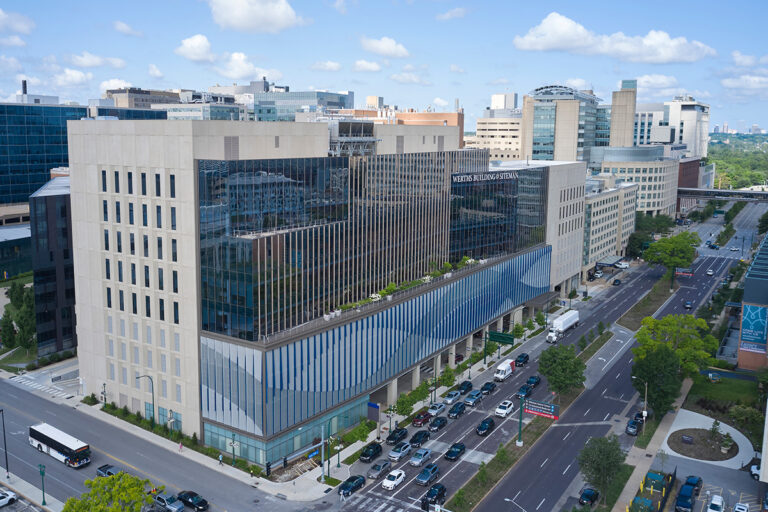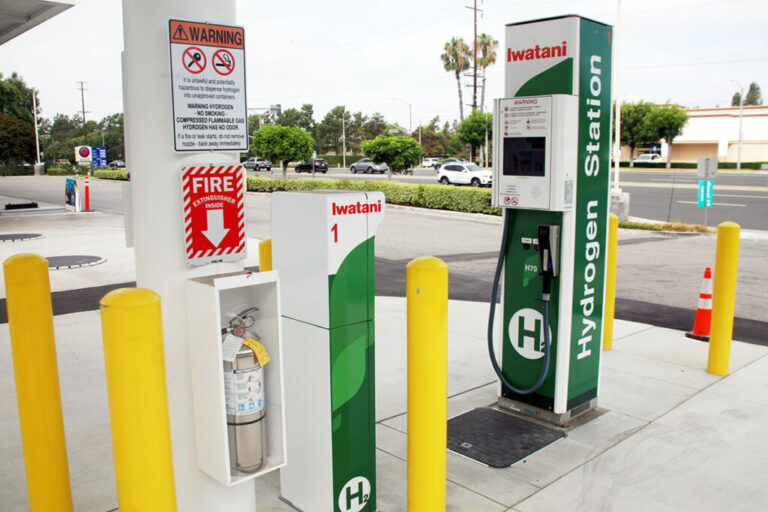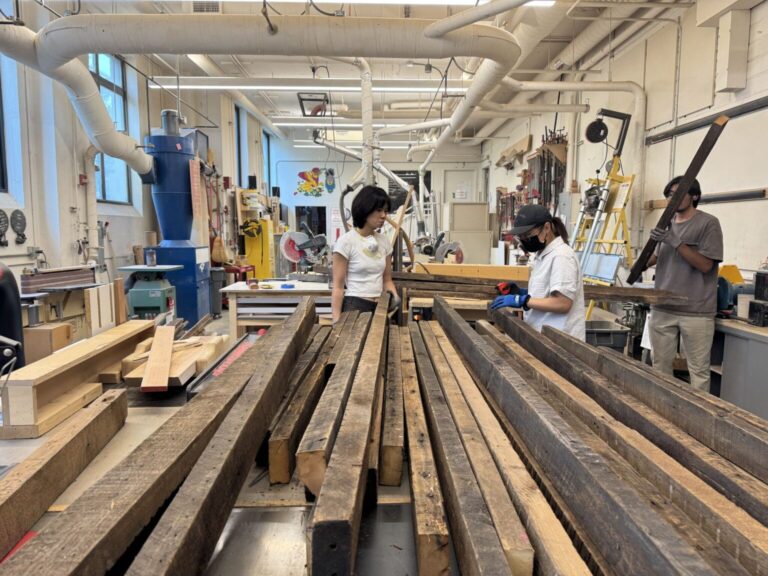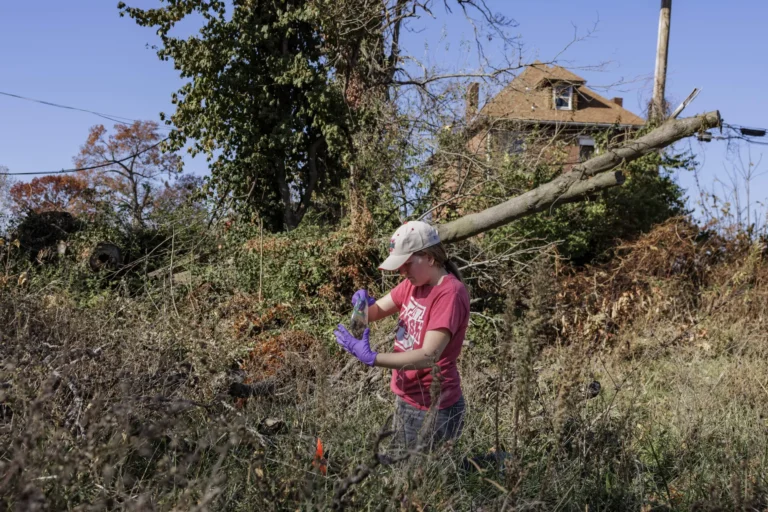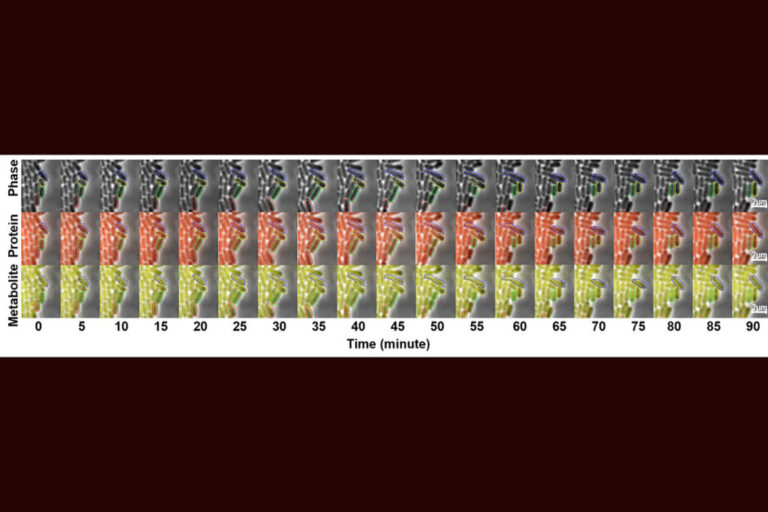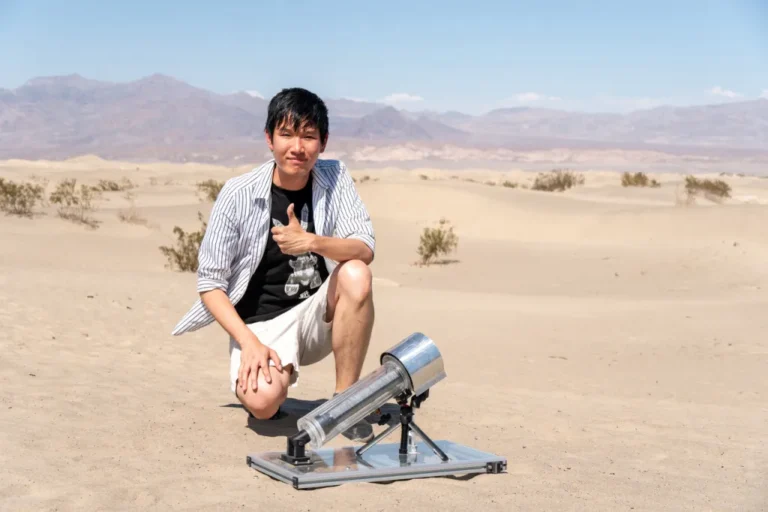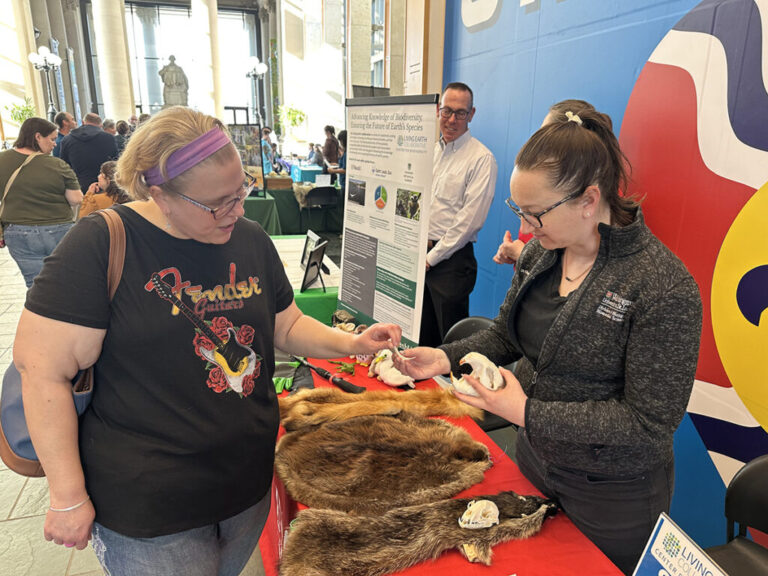Making hydrogen fuel cells ‘less precious’
WashU chemical engineers work to bring stability to iron components in fuel-cell technologies
The life cycle of a building
At Chicago Architecture Biennial, WashU and SOM showcase material reuse
Sodexo achieves Green Dining Alliance certification at WashU
WashU now boasts 13 dining locations that have been certified by the Green Dining Alliance.
WashU faculty and students search for a hidden hazard in a tornado’s path
CLEAN STL is the inaugural project of WashU Public Exchange, a new initiative of the Brown School that aims to harness the expertise of WashU researchers to address challenges across the city.
Exploring metabolic noise opens new paths to better biomanufacturing
Researchers find ways to put microbes back to work
How chemical “sponges” could change the world: A conversation with Zach Zheng
Zach Zheng uses AI to create metallic-organic compounds with potential applications far beyond the lab.
WashU Medicine Restaurants Earn Green Dining Alliance Certifications
Shell Café and Farmstead Café, both located at the Medical Campus, recently earned 5-star Green Dining Alliance certification, the program’s highest honor.
WashU-sponsored Thursday Nights at the Museum celebrate St. Louis
Free, family-friendly event features performances, panel discussions, film and music
Advancing our mission: Rapid progress, big wins from strategic plan
WashU is recognizing successes while planning for the years ahead.
